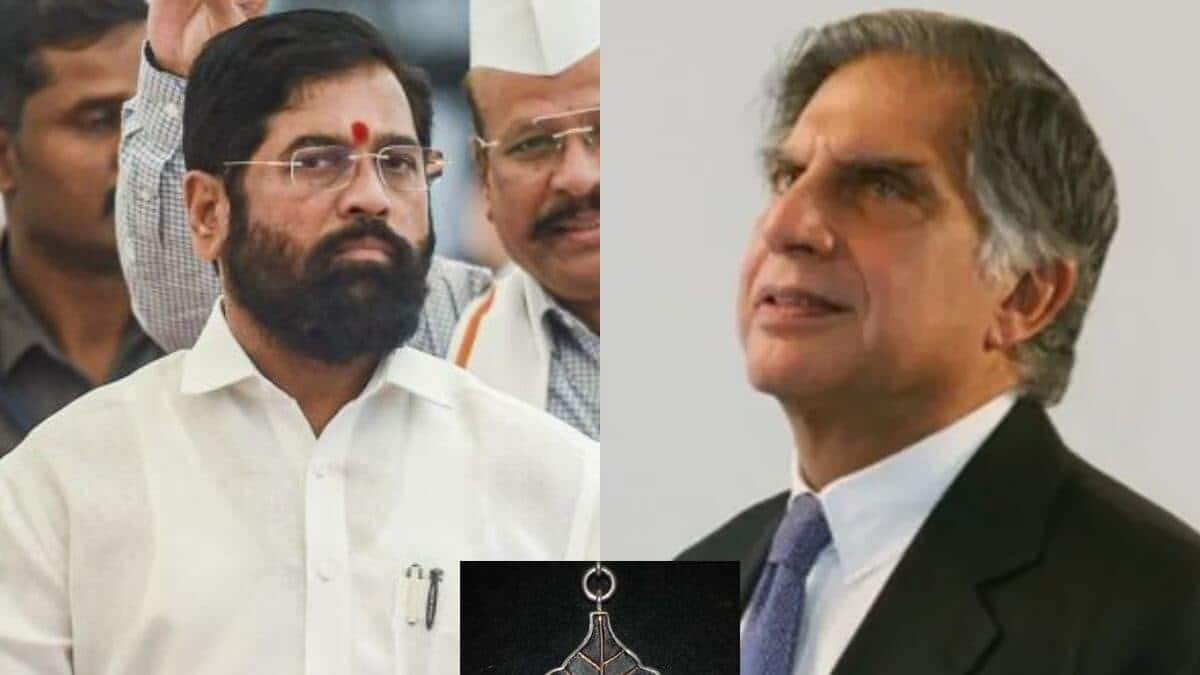
Maharashtra Cabinet passes resolution to award Ratan Tata 'Bharat Ratna'
What's the story
The Maharashtra Cabinet on Thursday passed a resolution urging the central government to posthumously confer the Bharat Ratna, India's highest civilian award, on industrialist Ratan Tata. Shiv Sena leader Rahool Kanal had written a letter to Chief Minister Eknath Shinde asking him to propose Tata's name for this recognition on Wednesday. In his letter to Shinde, Kanal said the Bharat Ratna would be a fitting tribute to Tata, who personified values of kindness, integrity and selfless service.
Letter details
Shiv Sena leader's plea for Tata's Bharat Ratna nomination
He wrote, "Shri Tata Ji was not only a visionary leader but also a compassionate humanitarian." "His philanthropic efforts towards the welfare of stray animals, providing shelter through his five-star hotels across India, demonstrated his commitment to the voiceless members of our society," Kanal added in his letter. "Furthermore, his dedication to establishing cancer hospitals for the underprivileged showcased his unwavering belief in the right to health and dignity for all individuals, regardless of their socioeconomic status."
Silent tribute
Maharashtra Cabinet pays tribute to Tata
The Maharashtra Cabinet, headed by CM Shinde and his deputies Devendra Fadnavis and Ajit Pawar, paid tribute to Tata on Thursday by observing a minute of silence. Tata passed away late Wednesday at the age of 86 after a brief illness. He was admitted to Mumbai's Breach Candy Hospital on Monday after a sudden drop in blood pressure and was in critical condition in the intensive care unit.
Philanthropy and honor
Tata's contributions and the Bharat Ratna award
Tata was the Chairman of Tata Sons from 1991 till his retirement in 2012. He also headed Ratan Tata Trust and Dorabji Tata Trust, two of India's largest private-sector-promoted philanthropic trusts. The Bharat Ratna, instituted on January 2, 1954, is conferred for "exceptional service or performance of the highest order." The award initially recognized achievements in arts, literature, science and public service but was expanded to include "any field of human endeavor" in December 2011.